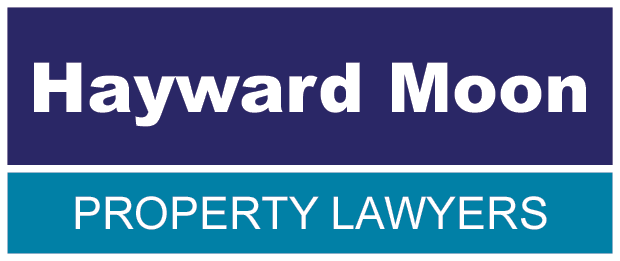When you set out to buy a home, it’s understandable that once you have set your mind on something, you want it. A mortgage is the most significant financial responsibility you’re likely to make, so you need to think about the things that could change in your life before you take on a joint mortgage.
You should also bear in mind that all mortgage holders will need to meet the lending criteria, even though banks usually only consider the income of two applicants. Means everyone’s circumstances and finances are taken into consideration. And you’ll all be jointly liable for the mortgage repayments – so if one of you can’t pay, the others will need to make up the full amount.
When you buy a property with other people, you need to choose how it’s going to be owned – this is usually as joint tenants or as tenants in common. You can also enter into a joint mortgage with your parents where they act as guarantor – you’ll find more on this further down the page.
Joint tenants would be suitable if you’re married or in a long-term relationship with the person you’re buying with.
It means you each:
• Have equal rights to the home.
• Can claim an equal portion in any profit made if the home is sold.
• Will automatically inherit the property if the other person dies.
Tenants in common may be suitable for people who are teaming up with friends or family members to buy a home.
It means you:
• Can each own a different share of the property
• Won’t automatically inherit the property if the other tenants die
• Can choose who to leave your share to in your will
If you choose to be tenants in common, you should consider asking your solicitor to set up a deed of trust.
You can apply for a joint mortgage with family members. This option could enable you to afford a larger mortgage and access a wider range of mortgage deals. You’ll have full ownership of the property, and your family members won’t be liable for Stamp Duty.
Both you and your parents will be responsible for all mortgage repayments and charges, so you’ll all need to demonstrate that you can afford the repayments. Your parents will also need to show us that they’ve taken independent legal and tax advice, so they understand the risks involved. If your circumstances change and you can afford the repayments on your own, you can remortgage and release your parents from the joint mortgage.



